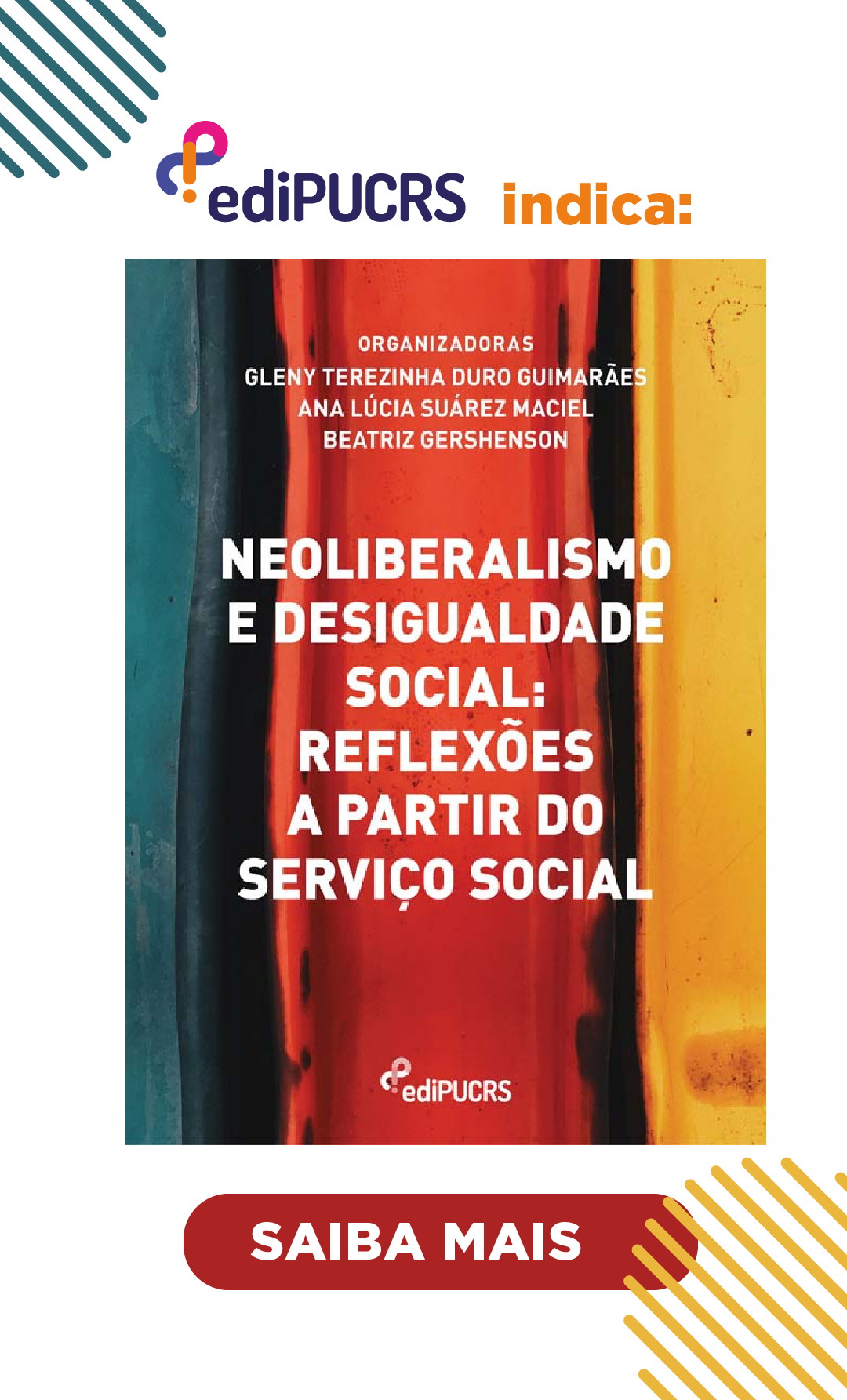The Process of participation in the Social Assistance Municipal Council in São Paulo
Abstract
The study has as goals to identify the profile of action of the elected council members for the Social Assistance City Council of São Paulo and evaluate its conditionings. The research was developed in two steps. The first step was centered on the identification of the levels of presence and manifestation of the council members. On the second step, were performed interviews with two council members of each represented segment (users of the services, workers of the sector, entities of social assistance and the executive power). The research has shown that the most fragile segment is the service users. The representatives of the workers of the sector and of the entities of social assistance are organized and debate their interests in their own forums and in public instances, directing a good part of the subjects. The force of the council members of the executive power becomes patent when it is observed that the most important subjects were carried on by themselves and that there was effort from their part concerning the deliberation of these. Finally, the existence of an asymmetry between the executive power and the civil society, linked to the control of strategic information and to the public budget, evidenced that the COMAS still has not yet transformed into an arena of intermediation between the government and the civil society.Key-words – Participation. Civilian Society. Council of Public Policies.
Downloads
Downloads
Published
How to Cite
Issue
Section
License
Copyright
The submission of originals to Textos & Contextos (Porto Alegre) implies the transfer by the authors of the right for publication. Authors retain copyright and grant the journal right of first publication. If the authors wish to include the same data into another publication, they must cite Textos & Contextos (Porto Alegre) as the site of original publication.
Creative Commons License
Except where otherwise specified, material published in this journal is licensed under a Creative Commons Attribution 4.0 International license, which allows unrestricted use, distribution and reproduction in any medium, provided the original publication is correctly cited.





